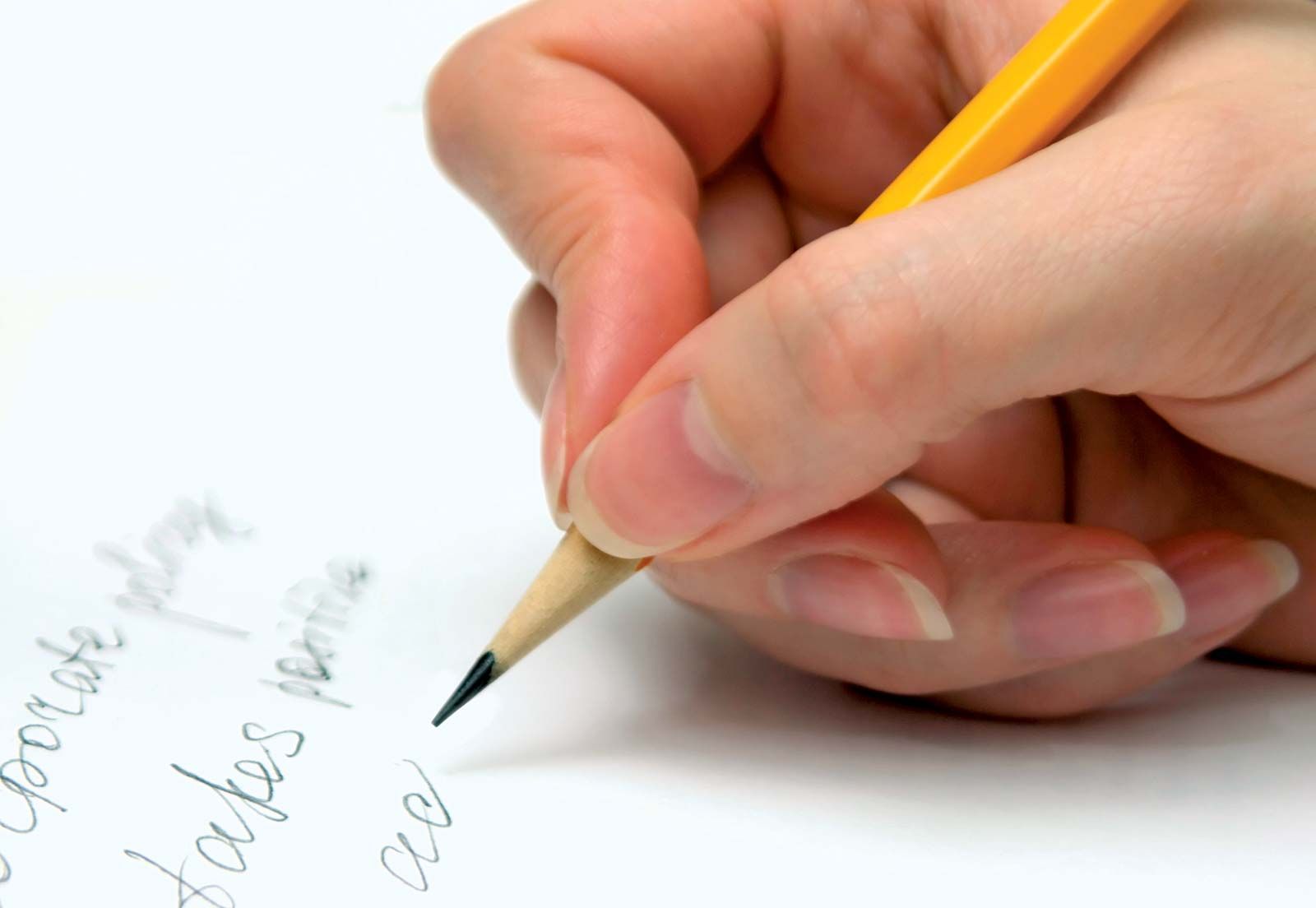France, a nation synonymous with romance, revolution, exquisite cuisine, and profound philosophical thought, holds a unique place in the global imagination. For anyone learning French, understanding how to refer to this iconic country goes far beyond merely translating the word "France." It delves into a rich tapestry of grammar, cultural nuances, historical context, and idiomatic expressions. This article will serve as your comprehensive guide to mastering the art of writing and speaking about "France" in the French language, encompassing its basic forms, grammatical intricacies, cultural aliases, and common pitfalls.
The Foundation: "La France" – Gender and the Definite Article
At its most fundamental level, "France" in French is translated as "La France." This seemingly simple phrase immediately introduces two crucial elements of the French language: gender and the definite article.
-
Gender: In French, every noun has a gender – either masculine or feminine. "France" (like most countries ending in "-e") is feminine. This is non-negotiable and profoundly impacts how it interacts with other words in a sentence. You can never refer to it as "Le France."
- Example: "La France est un beau pays." (France is a beautiful country.)
-
The Definite Article: The definite article "la" (the feminine singular form) is almost always used with country names in French, especially when referring to the country as a whole, as a geographical entity, or as a political state.
- Pronunciation: "La France" is pronounced roughly /la fʁɑ̃s/. The ‘r’ is the guttural French ‘r’, and the ‘an’ is a nasal vowel sound.
Understanding "La France" as a feminine noun requiring the definite article "la" is the cornerstone of all subsequent linguistic interactions with the country’s name.
Navigating Prepositions: To, In, From France
One of the most common challenges for French learners is correctly using prepositions with country names. The rules are specific and depend heavily on the country’s gender.
-
To/In (à/en):
- For feminine countries (like France), we use "en".
- Example: "Je vais en France." (I am going to France.)
- Example: "J’habite en France." (I live in France.)
- For masculine countries (e.g., Le Canada, Le Japon), we use "au" (à + le).
- Example: "Je vais au Canada." (I am going to Canada.)
- For plural countries (e.g., Les États-Unis), we use "aux" (à + les).
- Example: "Je vais aux États-Unis." (I am going to the United States.)
- Note: When referring to cities within France, you would use "à" (e.g., "à Paris," "à Lyon").
- For feminine countries (like France), we use "en".
-
From (de):
- For feminine countries (like France), we use "de".
- Example: "Je viens de France." (I come from France.)
- Example: "C’est un produit de France." (It’s a product from France.)
- For masculine countries (e.g., Le Portugal), we use "du" (de + le).
- Example: "Je viens du Portugal." (I come from Portugal.)
- For plural countries (e.g., Les Pays-Bas), we use "des" (de + les).
- Example: "Je viens des Pays-Bas." (I come from the Netherlands.)
- Important Exception: When using "de" with a country name that usually takes a definite article (like "La France"), the definite article is often omitted after "de" when referring to origin or possession. So, it’s "de France," not "de la France" (though "de la France" can be used in specific, more formal contexts, or when "France" is part of a larger noun phrase, e.g., "le sud de la France"). The general rule for "from France" is "de France."
- For feminine countries (like France), we use "de".
The People and the Language: Adjectives and Nouns
Beyond the country itself, you’ll frequently need to refer to French people and the French language. Here, the concept of gender and number (singular/plural) comes into full play.
-
The Adjective "French" (français):
- Masculine Singular: français (e.g., un homme français – a French man)
- Feminine Singular: française (e.g., une femme française – a French woman)
- Masculine Plural: français (e.g., des hommes français – French men)
- Feminine Plural: françaises (e.g., des femmes françaises – French women)
- Note: Adjectives of nationality are typically placed after the noun they modify.
- Example: "J’adore la cuisine française." (I love French cuisine.)
-
The Noun "A French Person" (un Français/une Française):
- Masculine Singular: un Français (a Frenchman)
- Feminine Singular: une Française (a Frenchwoman)
- Masculine Plural: les Français (the French people/Frenchmen)
- Feminine Plural: les Françaises (Frenchwomen)
- Note: When referring to the French people in general, or a group of mixed gender, the masculine plural "les Français" is used.
- Example: "Les Français sont connus pour leur sens du style." (The French are known for their sense of style.)
-
The French Language:
- Le français (masculine noun)
- Example: "Parlez-vous français?" (Do you speak French?)
- Example: "Le français est une belle langue." (French is a beautiful language.)
- Important Distinction: When "français" refers to the language, it is not capitalized. When it refers to the nationality as a noun (un Français), it is capitalized. As an adjective (la cuisine française), it is not capitalized. This is a common source of error for learners.
Beyond the Name: Cultural and Administrative Aliases
"France" is more than just a geographical entity; it’s a concept, a culture, and a political system. French speakers use various terms to refer to their country, often imbued with historical or emotional significance.
-
L’Hexagone (The Hexagon): This is perhaps the most common informal nickname for mainland France. It refers to the country’s six-sided geographical shape.
- Example: "En Hexagone, le fromage est sacré." (In the Hexagon, cheese is sacred.)
- Note: While "Hexagone" is masculine, it’s often used interchangeably with "La France" when referring to the mainland.
-
La République française (The French Republic): This is the formal, official name of the country, emphasizing its political system.
- Example: "Les valeurs de la République française sont la liberté, l’égalité et la fraternité." (The values of the French Republic are liberty, equality, and fraternity.)
-
La Métropole: This term refers specifically to mainland France, distinguishing it from its overseas departments and territories (DROM-COM: Départements et Régions d’Outre-Mer, Collectivités d’Outre-Mer).
- Example: "Il est né en Martinique, mais il a déménagé en Métropole." (He was born in Martinique, but he moved to mainland France.)
-
La Patrie (The Homeland/Fatherland): A deeply emotional and patriotic term, "la patrie" evokes a sense of belonging and national identity. It is often used in formal speeches, historical contexts, or moments of national pride.
- Example: "Pour la patrie!" (For the homeland!)
-
Douce France (Sweet France): This affectionate and somewhat nostalgic expression, popularized by the singer Charles Trenet, evokes a romanticized image of France, particularly its rural landscapes and idyllic charm.
- Example: "Ah, douce France, cher pays de mon enfance…" (Ah, sweet France, dear country of my childhood…)
-
Le Pays des Lumières (The Country of Enlightenment): This refers to France’s historical role as a center of intellectual and philosophical thought during the Enlightenment.
-
Le Pays des droits de l’homme (The Country of Human Rights): A proud reference to France’s pivotal role in advocating for human rights, particularly with the Declaration of the Rights of Man and of the Citizen in 1789.
Common Idiomatic Expressions Involving France
The French language, like any other, is rich with idioms that feature its own country. These expressions add color and depth to communication.
-
Filer à l’anglaise (To take French leave): Ironically, this literally means "to slip away like an English person," but its English equivalent is "to take French leave" (to leave without saying goodbye). It’s a classic example of cross-cultural linguistic teasing.
-
C’est la France! (That’s France! / It’s typical France!): This can be used in various contexts, often with a slightly exasperated or resigned tone, referring to bureaucracy, strikes, or certain cultural habits.
- Example: "Mon formulaire a été rejeté pour un détail. Ah, c’est la France!" (My form was rejected for a minor detail. Ah, that’s France!)
-
Être bien en France (To be well in France): Simply means to feel good or comfortable living in France.
-
Parler français comme une vache espagnole (To speak French like a Spanish cow): A humorous idiom meaning to speak French very badly.
-
Avoir l’esprit français (To have the French spirit): To possess characteristics commonly associated with the French, such as wit, elegance, critical thinking, or a certain joie de vivre.
Mistakes to Avoid
Even advanced learners can stumble when talking about France in French. Here are some common errors to actively avoid:
- Incorrect Gender: Using "le France" instead of "la France." This is the most fundamental error.
- Incorrect Prepositions: Saying "à France" instead of "en France," or "de la France" when simply "de France" is required for origin.
- Capitalization Errors:
- Capitalizing "français" when referring to the language (e.g., "Je parle Français"). It should be "Je parle français."
- Not capitalizing "Français" when it’s a noun referring to a person (e.g., "un français"). It should be "un Français."
- Omitting the Article: Saying just "France est belle" instead of "La France est belle." The definite article is almost always required with country names in French.
- Confusing Métropole and France: While often interchangeable in casual conversation, be precise when discussing geographical or administrative distinctions.
Conclusion: A Rich Tapestry of Language and Culture
Writing "France" in French is far more than a simple translation; it’s an immersion into the grammatical structure, cultural mindset, and historical consciousness of the French people. From the fundamental "La France" to the affectionate "Douce France" and the official "La République française," each term carries its own weight and context.
By understanding the feminine gender, mastering the intricacies of prepositions ("en France," "de France"), correctly using adjectives and nouns for nationality ("français," "un Français"), and recognizing the various cultural aliases ("L’Hexagone," "La Patrie"), you not only enhance your linguistic accuracy but also deepen your appreciation for the richness and precision of the French language. Embracing these nuances allows you to communicate about France not just correctly, but also authentically, reflecting the deep connection the French have with their cherished nation. So, next time you refer to this magnificent country, remember that you are engaging with a linguistic and cultural legacy that is truly magnifique.


